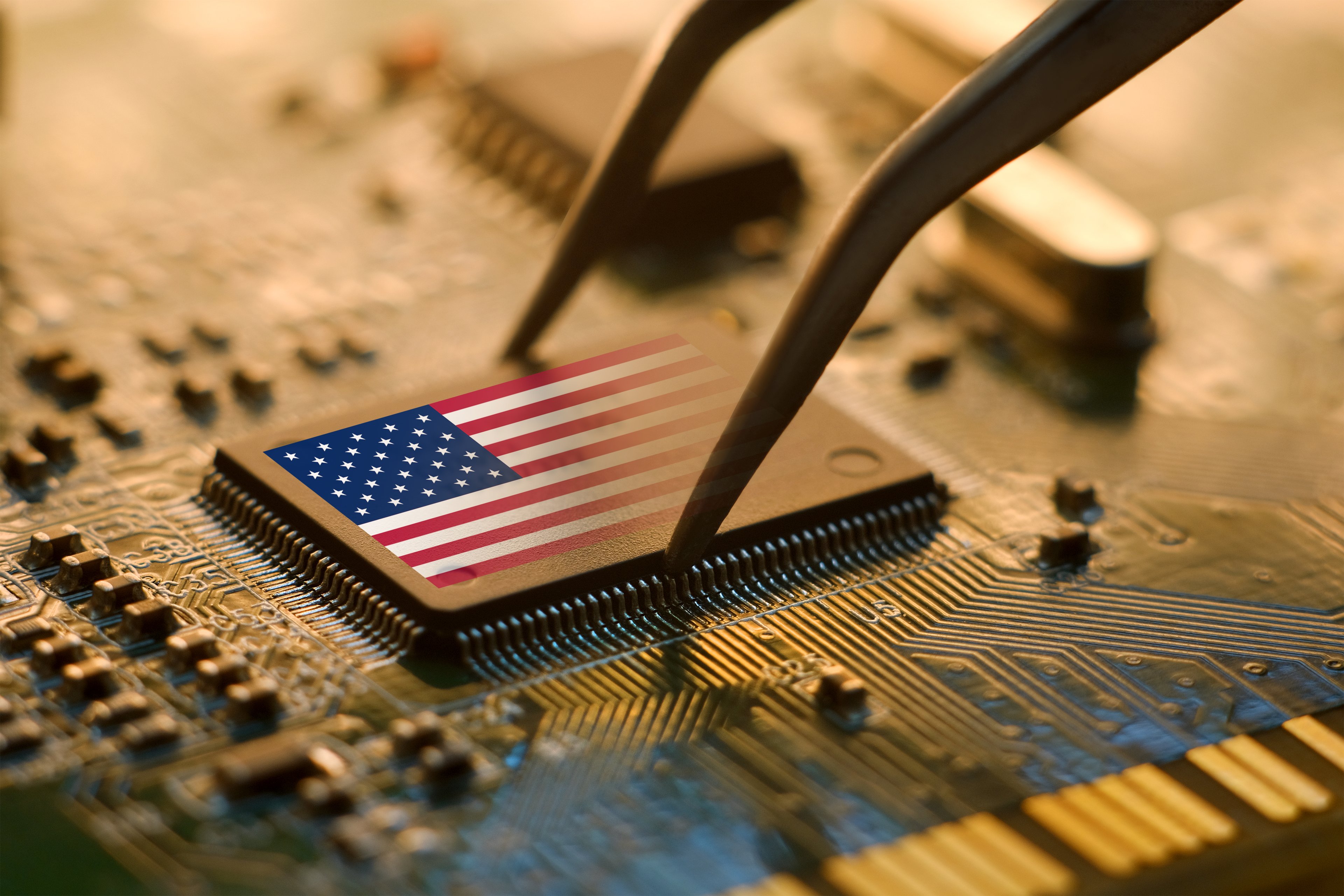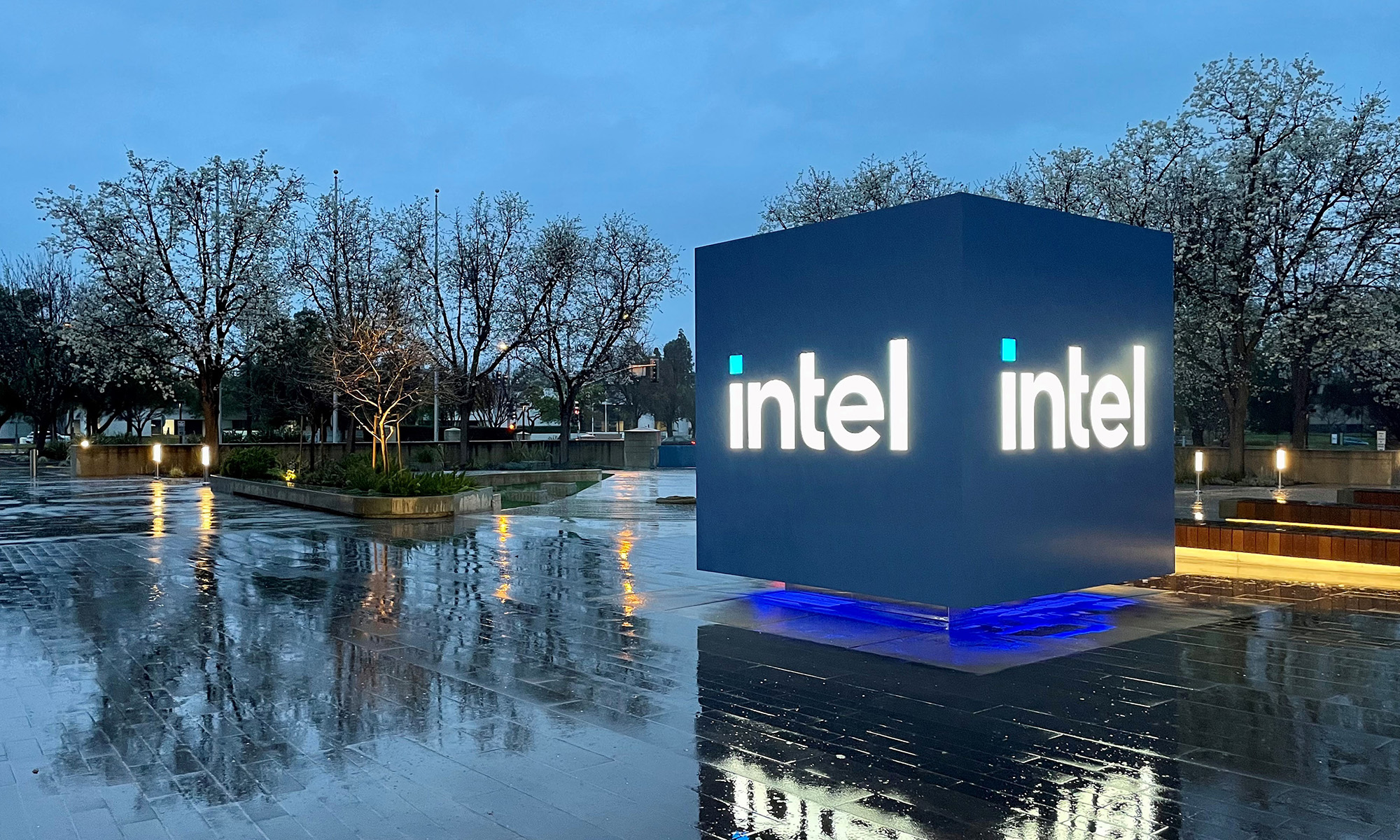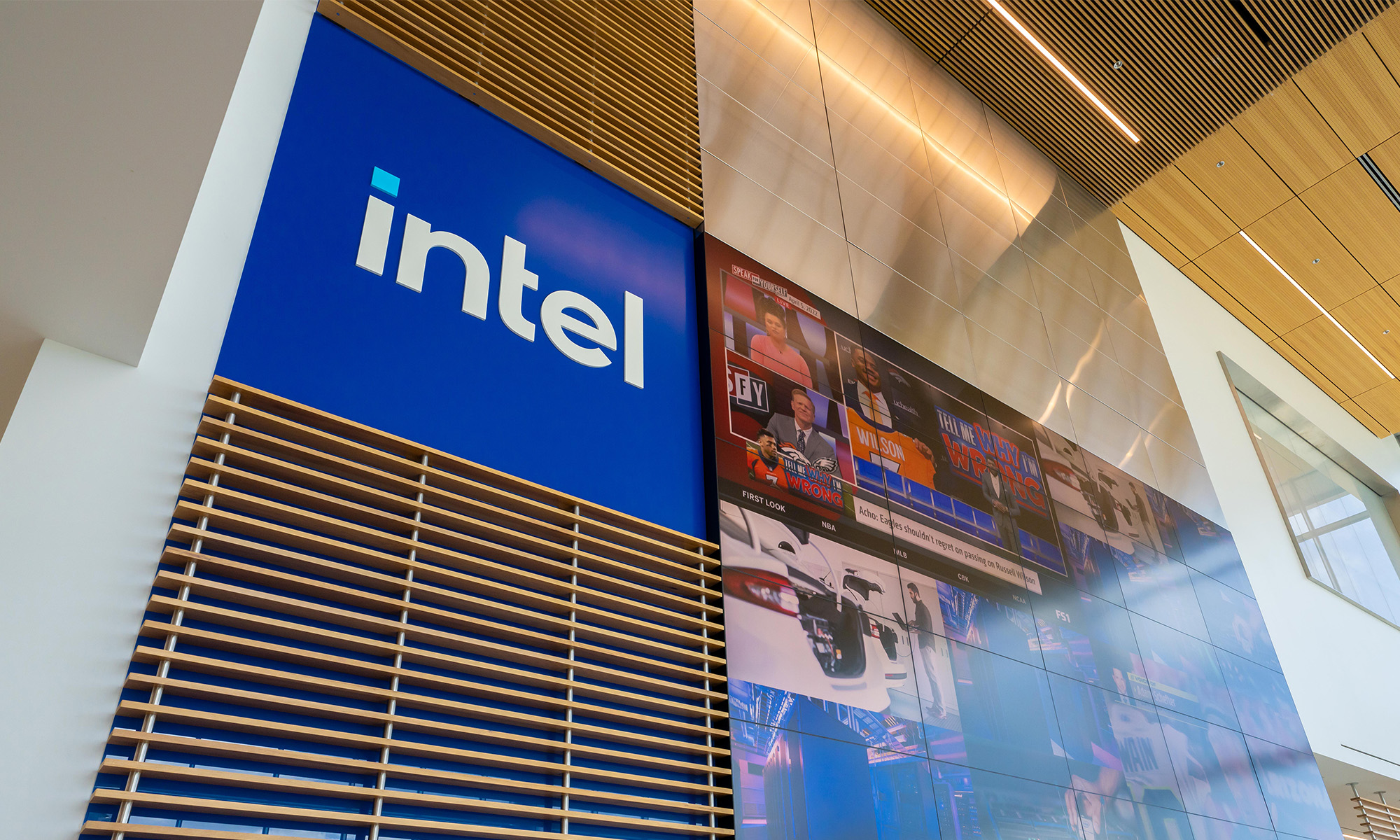July is a sizzling month in many parts of the U.S., so it seems appropriate to talk about three stocks that are hot as sparklers on the Fourth of July.
FedEx (FDX +5.41%), Lululemon (LULU 4.21%), and Intel (INTC +0.90%) are all quietly making moves that set them up nicely for the future. Interestingly, FedEx and Lululemon have been able to adapt to COVID-19 realities and increase business, while Intel works behind the scenes to deliver advanced technology today.
FedEx is delivering with fast footwork
In 2019, FedEx cut ties with Amazon (AMZN 1.79%), causing many on Wall Street to shake their heads. After the company's fourth-quarter 2020 earnings were announced June 30, though, many investors think FedEx knew what it was doing after all.
FedEx ended the relationship with Amazon due to Amazon's heavy investment in building out its own shipping network. On May 18, FedEx and Microsoft (MSFT 2.86%) announced a joint, multiyear partnership that the two companies believe could "transform commerce" by utilizing FedEx's logistics network and Microsoft's Azure cloud capabilities. The service, called FedEx Surround, provides real-time supply chain analytics and delivery, so companies could realize greater shipping accuracy and economy.
Forty years ago FedEx founder and CEO Fred Smith said there will come a time when package delivery information will be as important as the package itself. The tracking system the company originally designed for itself became available to customers as well.
When the companies announced FedEx Surround in May the CEOs did a video conversation available on YouTubeto describe their vision and goals for FedEx Surround.
In describing how the collaboration will improve supply chain management, CEO Smith said:
"Supply chains today are really a product-push environment where people select a fulfillment center or distribution center, and put the packages and the pallets in there. It's often located because of the local economics, the local labor supply, whatever the case may be.
But the reality is the sales process, which keeps the enterprise in business, is highly distributed. There's a lot of guesswork and a lot of extra inventory because of that. So we've been developing over decades the most-granular information about commerce globally and domestically and at the local and by the industry-Standard Industrial Classification (SIC)level.
We can make that information available in FedEx Surround so that that inventory process and sales process is much more focused and discrete, which leads to a much higher inventory-turn ratio, many fewer markdowns, and so forth. It's really applicable to anybody that has a product, whether it's healthcare, medicine, fashion, sporting goods, whatever the case may be."

Image source: Getty Images.
FedEx Surround will tie the higher-margin commercial FedEx customers even more tightly to the company as their global supply chains become more transparent. With Surround, FedEx customers have access to data and analytics about economic conditions, shipping options, customer demand and inventory levels at granular levels of detail. I think FedEx Surround is taking supply chain management to the next level, and that FedEx will gain customers because of it.
Only up 3% so far this year, with a price-to-earnings (P/E) ratio comparable to peers at 28, and a price-to-sales (P/S) ratio of 0.49, FedEx's share price is attractive. When considering how FedEx has pivoted after splitting with Amazon, I think the future holds significant gains for the company, and adding it to a long-term portfolio is a wise move.
Lululemon's acquisition is a great reflection on its strategy
Lululemon is a great case study in creating a niche market, branding, and building on success before consumer attention shifts elsewhere. The company's share price is up over 68% in the last year.
Taking a cue from Peloton (PTON 0.69%), on June 29 Lululemon announced the expansion of the brand into the subscription-based at-home fitness business with the acquisition of Mirror. While Peloton bikes go for $2,245, Mirror is a $1,495 piece of equipment comprised of a camera, speakers, and a reflective screen, allowing users to see both a remote trainer and their own form. For $39 per month, Mirror provides a library of classes and live workouts, and charges an additional fee for one-on-one training.
Lululemon and Mirror have overlapping markets, providing an immediate customer base. According to Lululemon, about half of Mirror's subscribers are also Lululemon customers. Marketing Mirror abroad could begin almost immediately, because Lululemon already has legions of fans internationally.

Image source: Getty Images.
If Peloton is any indicator, there is still room for growth in the pricey at-home equipment market. Mirror appeals to a different workout niche than Peloton, but in a post-coronavirus world, both may benefit from a long-term, workout-at-home trend.
In a conference call, Lululemon said the acquisition will start becoming profitable in 2021, excluding deal-related costs.
Lululemon's P/E ratio is high at 70 times compared with the industry average P/E of 64. But with steady core apparel business growth through expanded men's lines and digital sales, combined with Mirror's subscription-based services, I believe that Lululemon's share price is poised for another leg up.
Intel's expertise and deep pockets yield incredible technology
Intel is a big semiconductor company keeping up technologically with the small start-ups anxious for a piece of the action. The company has offerings in these cutting-edge markets: edge and cloud computing, 5G networks, artificial intelligence (AI) and analytics, and autonomous driving.
According to the company, by 2023 the market opportunity related to data centers, machine learning, and 5G-enabled devices is estimated at $220 billion. Intel intends to take a chunk of that market through innovation and acquisitions, decreasing its vulnerability to competitors.

Image source: Getty Images.
Intel has invested heavily in its efforts around machine learning and artificial intelligence (AI), acquiring AI chipmaker Habana Labs in December 2019 for approximately $2 billion. Intel's 2019 AI sales rose to $3.8 billion from $1.7 billion the year before. According to the company, the addressable market for such products will be $25 billion by 2024.
Intel's cloud and networking businesses, which help customers move, store, and process data, are accelerating rapidly. When first-quarter 2020 results were released, Chief Executive Officer Robert Swan said:
"Cloud delivered application[s] seen as convenience a quarter ago, such as online shopping and video collaborations, have now become indispensable. We scaled our cloud and communication service provider businesses by 53% and 33% year-over-year, respectively, to help our customers meet these growing needs. These two segments now drive 70% of our Data Center segment revenue."
On June 22, Apple announced it was finally moving to designing its own chips and will be ending its relationship with Intel. But it's not really a blow to Intel. According to UBS analyst Timothy Arcuri, Apple accounts for only about 2% to 3% of Intel's annual revenue, and the transition away will take about two years. Intel has expanded its businesses so significantly away from just producing chips for personal computers that an announcement like that isn't a big deal.
And that's why I think Intel is a good long-term buy for investors. Intel looks inexpensive compared to rivals in the data center, AI, and other businesses, trading at 12 times 2021 estimated earnings, compared with NVIDIA, which trades at 47 times forward earnings, and Advanced Micro Devices, which trades at 51 times next year's earnings estimates.
To me, Intel seems like a hidden gem, and investors who buy and hold long-term are likely to be well rewarded.














